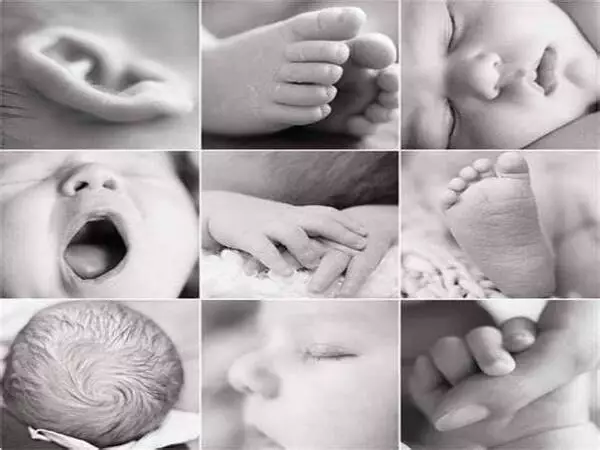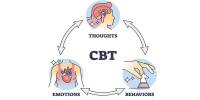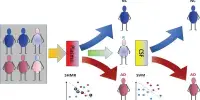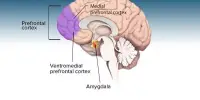An international team of researchers from Trinity College Dublin and colleagues in Australia, Germany, and the United States discovered evidence that some sort of conscious experience is present at birth, and possibly even in late pregnancy.
According to the authors, the findings, which were published today in the peer-reviewed journal Trends in Cognitive Science, have substantial clinical, ethical, and perhaps legal consequences.
The researchers contend in their study, titled ‘Consciousness in the Cradle: On the Emergence of child Experience,’ that by birth, the developing brain of the child is capable of conscious experiences that can leave a permanent impact on their developing sense of self and awareness of their surroundings.
Our findings suggest that newborns can integrate sensory and developing cognitive responses into coherent conscious experiences to understand the actions of others and plan their own responses.
Lorina Naci
Neuroscientists and philosophers from Monash University in Australia, the University of Tübingen in Germany, the University of Minnesota in the United States, and Trinity College Dublin made up the team.
Although each of us was once a baby, newborn consciousness remains a mystery because infants cannot tell us what they are thinking or feeling, explains Dr Tim Bayne, Professor of Philosophy at Monash University (Melbourne).
“Nearly everyone who has handled a newborn infant has wondered what it’s like to be a baby, if anything. Of all, we can’t remember our childhood, and consciousness researchers dispute on whether consciousness emerges “early” (at birth or immediately after) or “late” (by one year of age, or even much later.”

To provide a new perspective on when consciousness first emerges, the team built upon recent advances in consciousness science. In adults, some markers from brain imaging have been found to reliably differentiate consciousness from its absence, and are increasingly applied in science and medicine. This is the first time that a review of these markers in infants has been used to assess their consciousness.
Lorina Naci, Associate Professor in the School of Psychology and leader of Trinity’s ‘Consciousness and Cognition Group, and co-author of the study, stated, “Our findings suggest that newborns can integrate sensory and developing cognitive responses into coherent conscious experiences to understand the actions of others and plan their own responses.”
The pamphlet also discusses ‘what it’s like’ to be a baby. We know that babies’ vision is significantly more undeveloped than their hearing, for example. Furthermore, this research implies that, at any given time, newborns are conscious of fewer items than adults and take longer to absorb what’s in front of them, but they can digest more diverse information, such as sounds from various languages, than their older self.
















